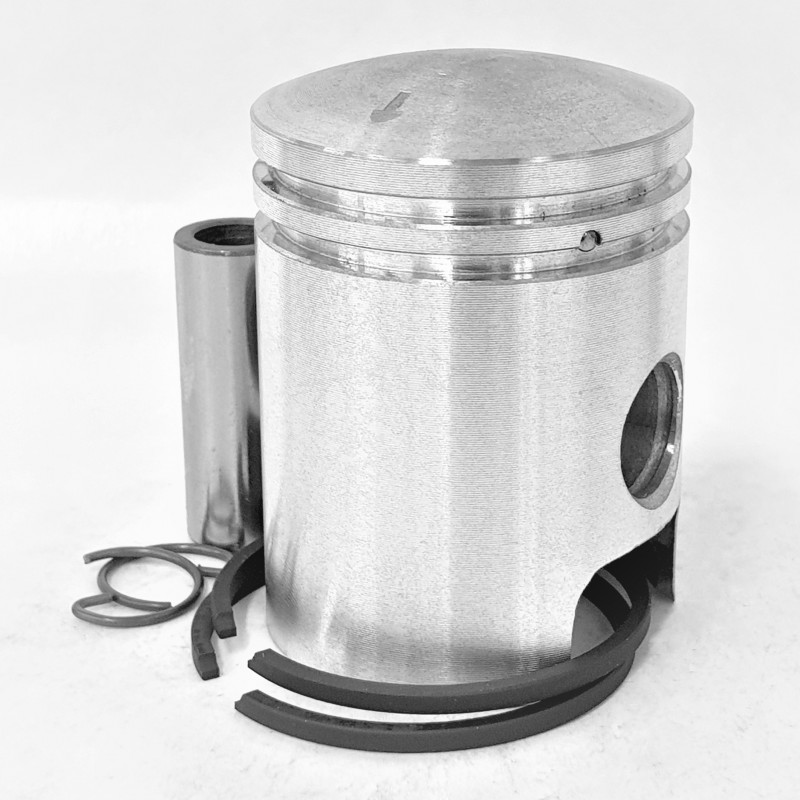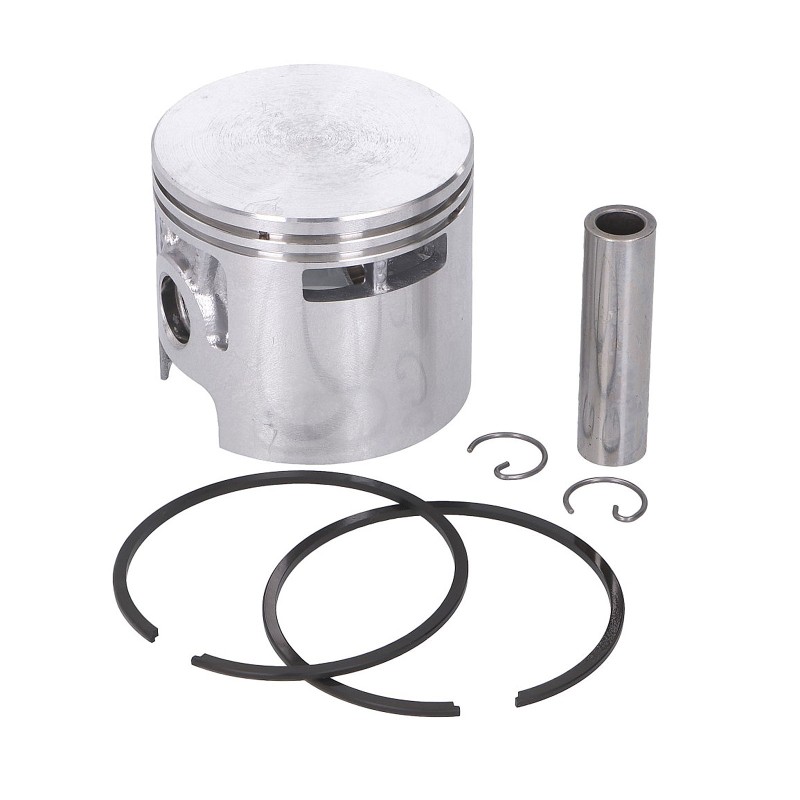
GRUPPO TERMICO DR PIAGGIO VESPA 50 SPECIAL / APE 50 D.55 MODIFICA MOTORE 102cc EUR 100,00 - PicClick IT

KT00013 Motore gruppo termico in ghisa completo di pistone e testa dr per Piaggio Vespa, ape 50 con diametro 47 mm (cilindrata 75 cc) e 6 travasi, ricambio KT00013




















